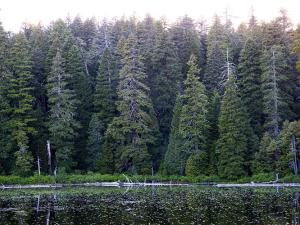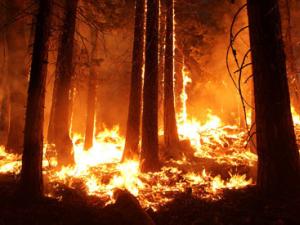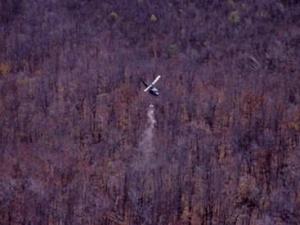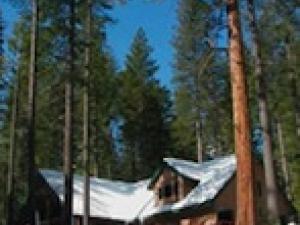

Research Expertise and Interest
forest ecology, ecosystem dynamics, disturbance ecology, tree demography, carbon ecology and storage, Sierra Nevada, northern forest
Research Description
John J. Battles is a professor of Forest Ecology. The goal of his research program is to know how and why forests change. His efforts are guided by the conviction that our understanding must apply to specific forests with all the attendant complexities and idiosyncrasies. Thus robust, quantitative field studies form the core of his approach. Answering these questions is more than just an interesting academic puzzle. As a result of human enterprise (e.g., pollution, land transformations, biotic additions and losses), many forest ecosystems will experience fundamentally novel challenges. In the face of this uncertainty, we need to understand the dynamics well enough to anticipate the likely direction and magnitude of responses. Change in forests is typically mediated by cycles of disturbance and recovery. A central tenet in forest ecology is that the course and rate of recovery is determined by the extent and intensity of the initiating disturbance. In this sense, the disturbance regime is an integral and relatively predictable aspect of forest dynamics. The increasing prevalence of anthropogenic influences and the prospects for these stresses to interact with natural processes underscore the need to refocus attention from the ordinary to the extraordinary.
In the News
How Indigenous Burning Shaped the Klamath’s Forests for a Millennia
Wildfires Emit More Greenhouse Gases Than Assumed in State Climate Targets
A new study quantifying the amount of carbon stored and released through California forests and wildlands finds that wildfires and deforestation are contributing more than expected to the state’s greenhouse gas emissions.
Got calcium? Mineral key to restoring acid rain-damaged forests
Calcium can do much more than strengthen bones. The mineral is a critical nutrient for healthy tree growth, and new research shows that adding it to the soil helps reverse the decades-long decline of forests ailing from the effects of acid rain.
Biggest land donation in UC history to expand research, outreach
The University of California will double the size of its research forests as a result of a land donation approved Nov. 16 in Sacramento. The transfer is the largest single acquisition of forestland in the University’s history.



